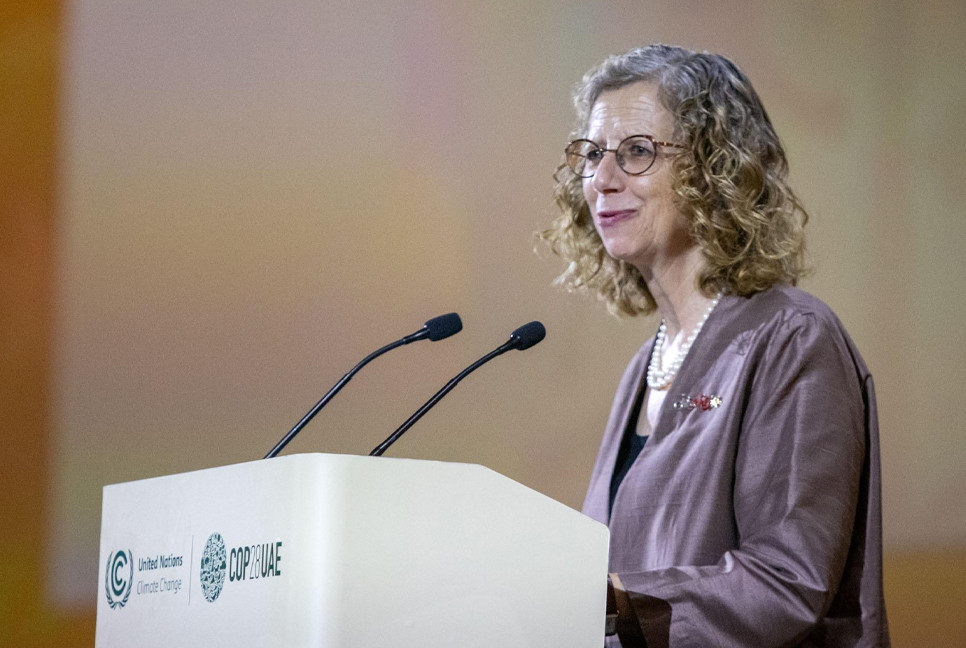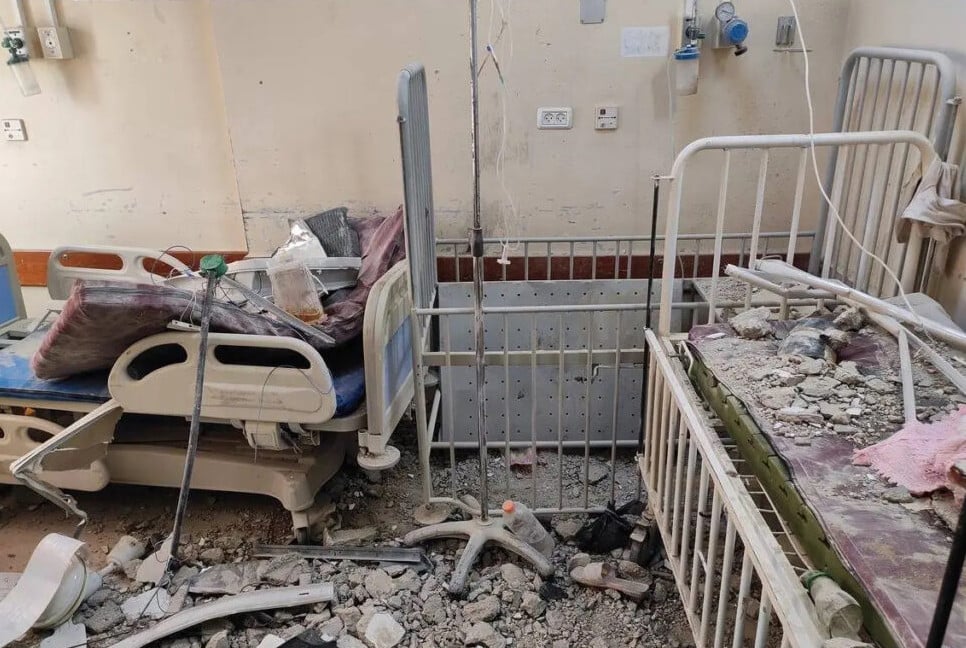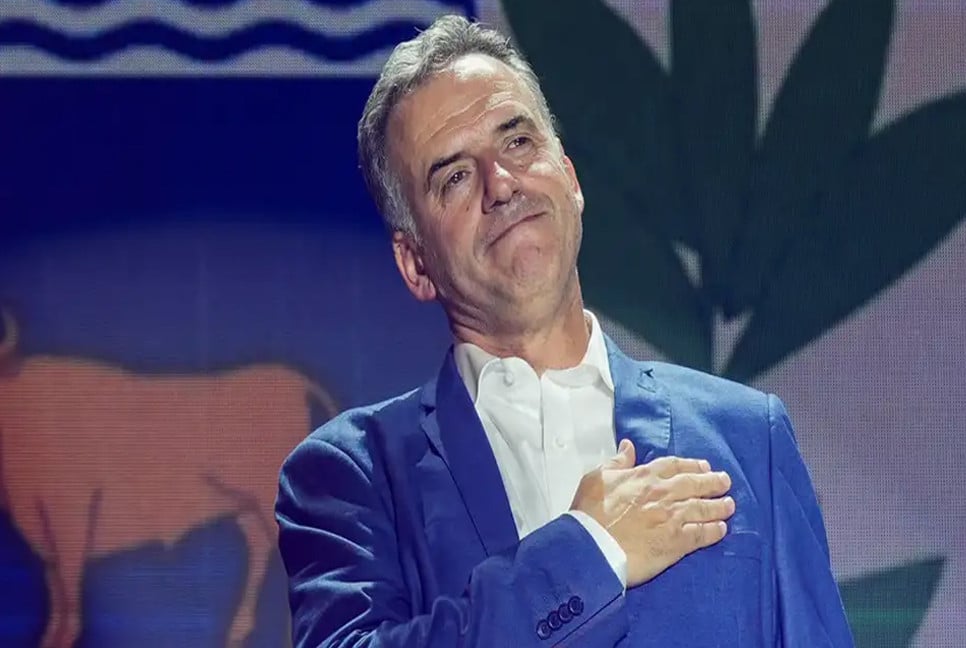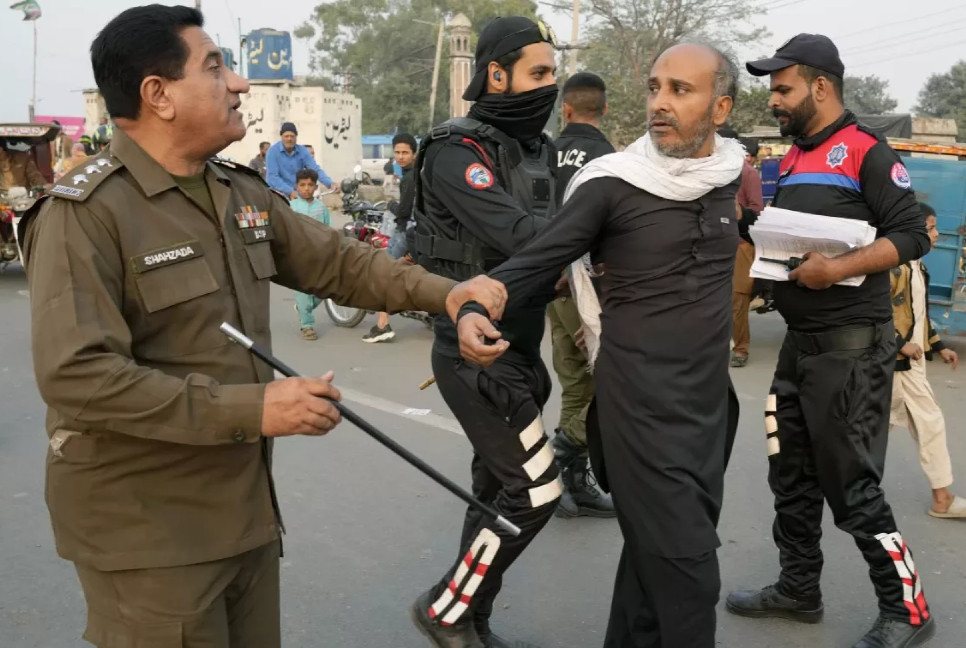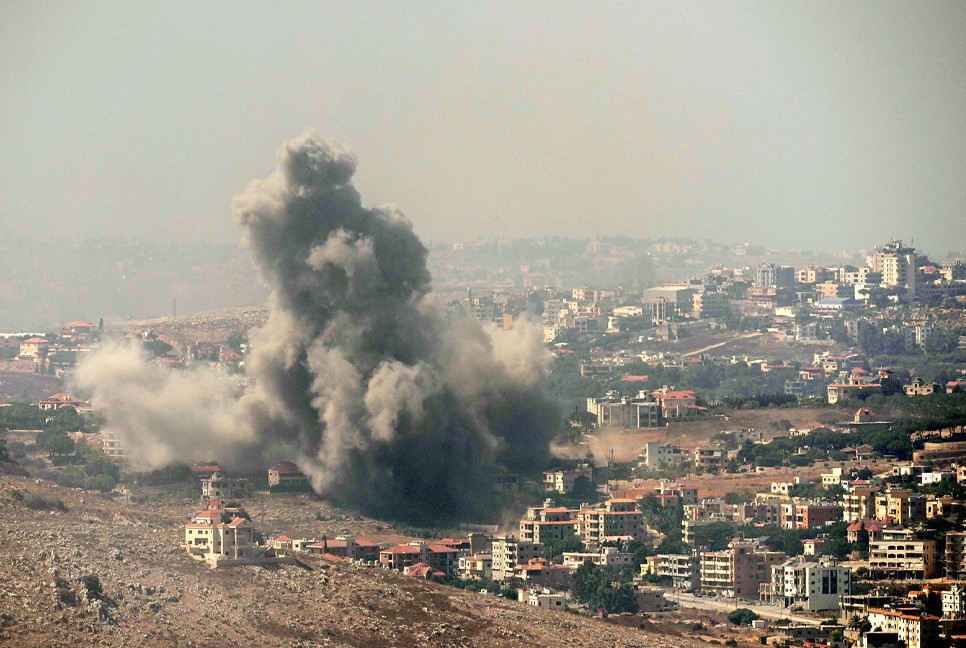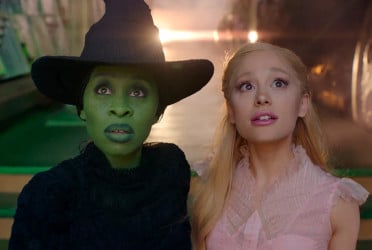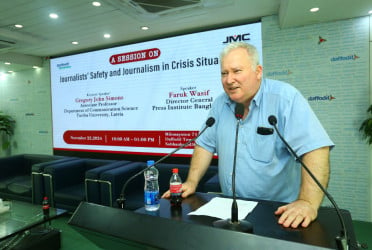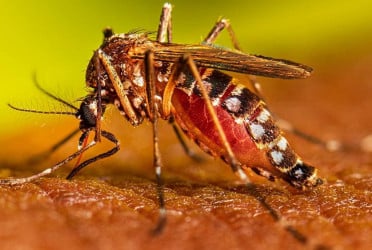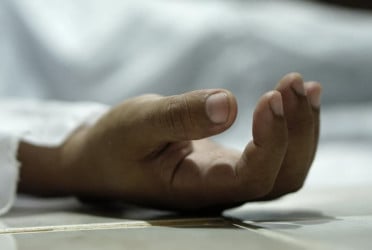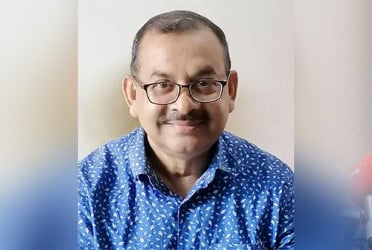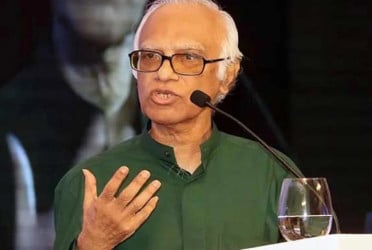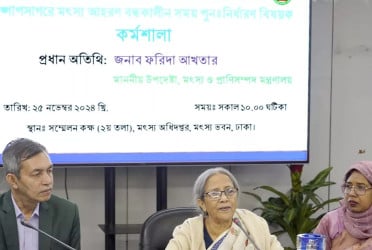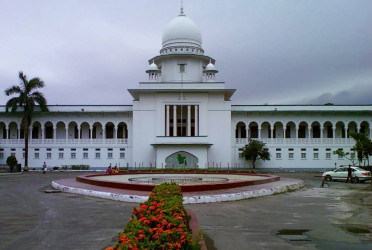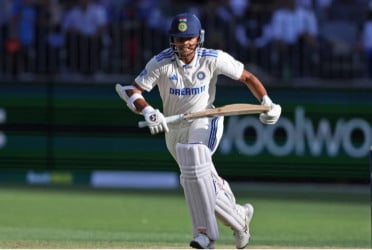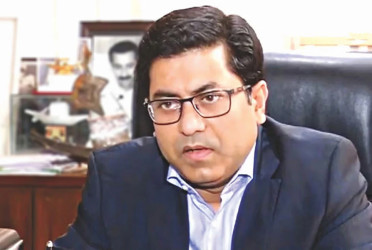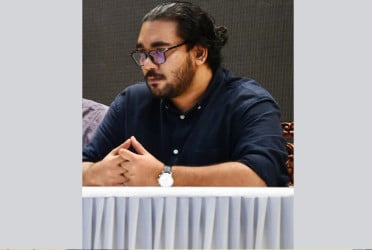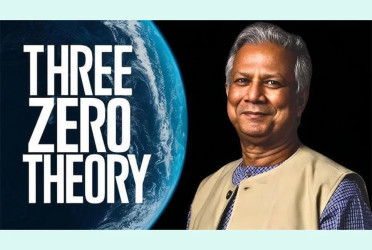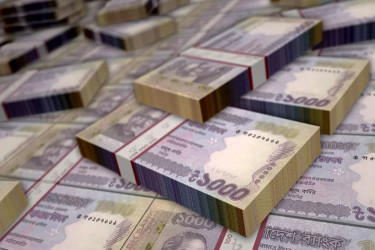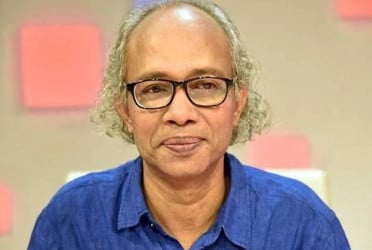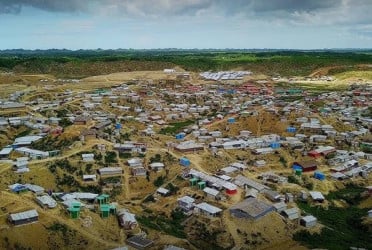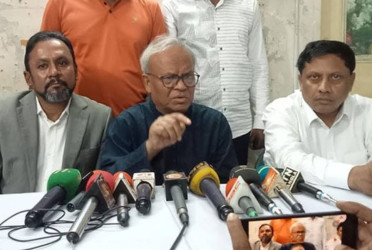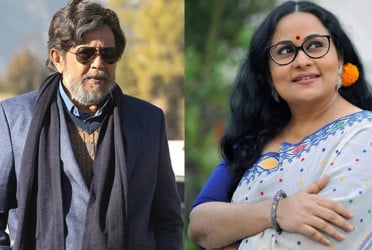British-American author Salman Rushdie shared the near-fatal stabbing experience at a public event in 2022 that left him blind in one eye and his journey to healing in his new memoir "Knife."
The new and much-awaited book of Rushdie has become available in book-stores since Tuesday.
The Indian-born author, a naturalized American based in New York, has faced death threats since his 1988 novel "The Satanic Verses" was declared blasphemous by Iran's supreme leader, making Rushdie a global symbol of free speech.
But after years remaining unscathed, a knife-wielding assailant jumped on stage at an arts gathering in rural New York state and stabbed Rushdie multiple times in the neck and abdomen. He ultimately lost his right eye.
"Why didn't I fight? Why didn't I run? I just stood there like a pinata and let him smash me," Rushdie writes, according to book excerpts released by The Guardian newspaper.
"It didn't feel dramatic, or particularly awful. It just felt probable... matter-of-fact."
Tehran denied any link with the attacker -- but said only Rushdie, now 76 years old, was to blame for the incident. The suspect, then 24, has pleaded not guilty to attempted murder.
In an interview with the New York Post, the alleged attacker, whose parents emigrated to the United States from Lebanon, said he had only read two pages of "The Satanic Verses" but believed Rushdie had "attacked Islam."
- 'It's a dream' -
Suzanne Nossel, chief executive of free speech advocacy group PEN America, said that "since that dreadful day... we have awaited the story of how Salman's would-be assassins finally caught up with him."
"A master storyteller, Salman has held this narrative close until now, leaving us to marvel from a distance at his courage and resilience," she said.
In an interview with CBS program "60 Minutes" ahead of the release of "Knife," Rushdie recounted he had dreamed two days before the attack of being stabbed in an amphitheater -- and considered not attending the event.
"And then I thought, 'Don't be silly. It's a dream,'" he said.
He also writes in the book that he was due to be paid "generously" for the event -- money he planned to use for home repairs.
Rushdie had been invited to talk about protecting writers whose lives have been threatened -- an irony not lost on him.
"It just turned out not to be a safe space for me," he told the interviewer.
In the book, Rushdie says he has experienced nightmares in the wake of the attack, according to The Guardian.
- 'Lightness' -
Rushdie, who was born in Mumbai but moved to England as a boy, was propelled into the spotlight with his second novel "Midnight's Children" (1981), which won Britain's prestigious Booker Prize for its portrayal of post-independence India.
But "The Satanic Verses" brought him far greater, mostly unwelcome, attention.
The atheist author, whose parents were non-practicing Muslims, was forced to go underground.
He was granted police protection in Britain, following the murder or attempted murder of his translators and publishers, and moved repeatedly while in hiding.
Rushdie only began to emerge from his life on the run in the late 1990s after Iran said it would not support his assassination.
He became a fixture on the international party circuit, even appearing in films such as "Bridget Jones's Diary" and US television sitcom "Seinfeld."
The author has been married five times and has two children.
Since the attack, he also released a novel, "Victory City" (2023).
He has revisited the Chautauqua Institution, where the near-fatal event was held, writing in the book that the trip was cathartic.
"As we stood there in the stillness, I realized that a burden had lifted from me somehow, and the best word I could find for what I was feeling was lightness," Rushdie wrote.
Bd-pratidin English/Lutful Hoque


